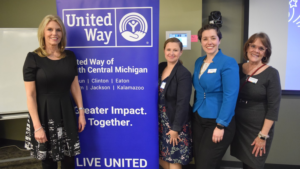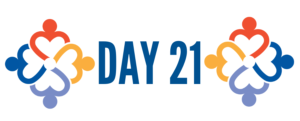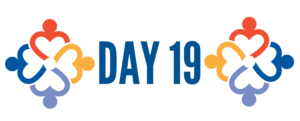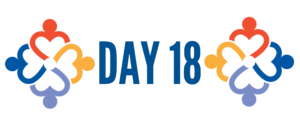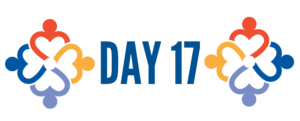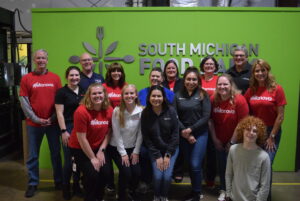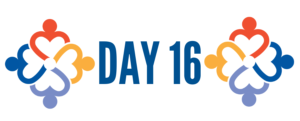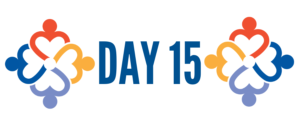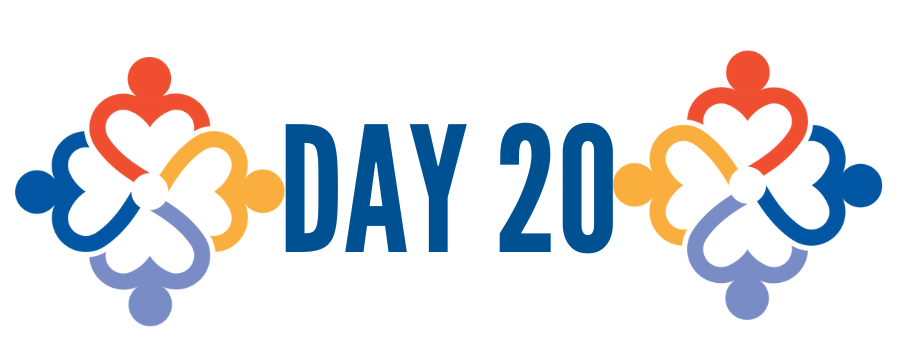
Day 20: Equity Tools and Making Change
Diversity, equity, and inclusion (DEI) tools are essential resources for organizations and individuals. These tools include a wide range of strategies and practices designed to promote equity with consideration to multiple identities and how they interact with one another. One effective DEI tool is conducting regular assessments or audits to understand basic progress toward equity goals. These audits can help identify areas for improvement and guide the development of targeted initiatives to enhance DEI.
Sample DEI assessments and audit tools:
- Diversity and Inclusion Self-Assessment (National Association of Colleges and Employers)
- Diversity, Equity, and Inclusion (DEI) Self-Assessments (Center for Nonprofit Management & Leadership)
- Diversity, Equity, and Inclusion (DEI) Organizational Assessment Tools: A Resource Guide by Trinidad Tellez, Health Equity Strategies, and Institute for Economic and Racial Equity at Brandeis University
While the ultimate outcome for engaging in DEI are shared – creating more equitable outcomes for oppressed communities – how do get there and what individual organizations and businesses need to do will be different. Consider how your mission, reach, and target communities might inform your DEI strategy.
After identifying your DEI priorities, consider what knowledge your team needs in order to engage in DEI strategies. This might include training and workshop programs such as racial healing circles, unconscious bias education, inclusive leadership training, or engaging in the 21-Day Equity Challenge with your team. These programs can help raise awareness, challenge misconceptions, and equip individuals with the will, knowledge and skills to create more inclusive workplaces or community spaces.
To make meaningful change, it’s crucial to have buy-in and support at all levels of the organization. This includes developing and communicating a clear DEI strategy with specific goals and timelines, allocating resources for DEI initiatives, and regularly evaluating progress and outcomes. Creating employee resource groups or affinity networks can also provide a platform for people holding oppressed identities to share experiences, advocate for change, and contribute to a more equitable organization and culture.
Ultimately, DEI engagement requires ongoing commitment, collaboration, and a willingness to challenge and transform existing systems and practices. What will you do to make a difference in an organization or company you’re a part of?
Today’s Challenge
Engage:
Explore the assessment and audit tools above. Who are the allies and DEI champions in your workplace? How can you get involved?
Discuss:
- What are the strongest skills you bring to DEI initiatives? Consider skills like relationship-building, sharing your own story and expertise related to oppression, leveraging your positionality and/or privilege, community relationships, supervisory skills, an analysis of power and privilege, and more.
- If you’re successful in 1 year, 5 years, 20+ years, what will be true about your workplace?

